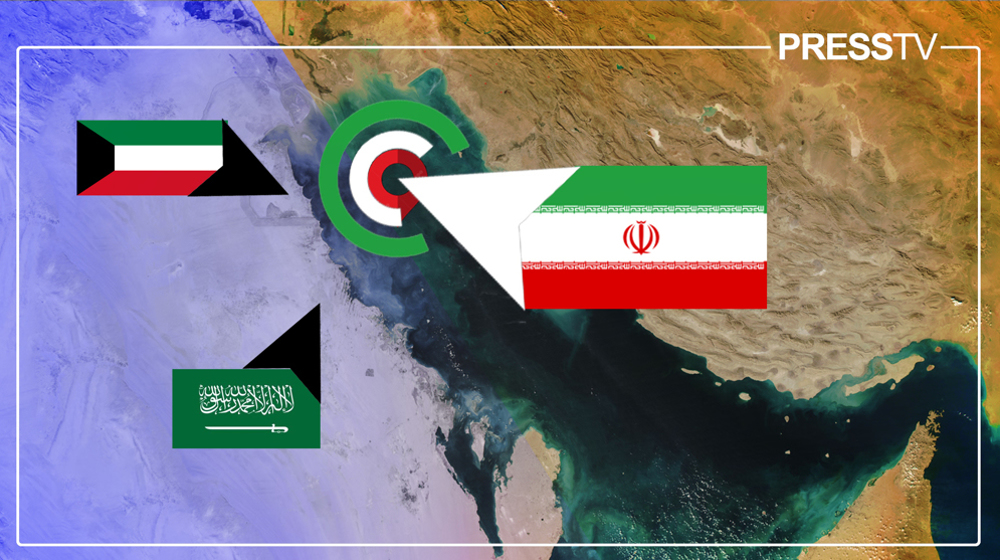Jordan parliament grants King Abdullah II more controversial powers
Jordan’s parliament has granted King Abdullah II the controversial executive power to directly make key appointments in the kingdom, in a move that opponents say takes the country further toward absolute monarchy.
The parliament passed several constitutional amendments on Wednesday, giving the king the right to appoint and/or dismiss key officials by royal decree, Jordan Petra News reported.
Appointments would not need any nomination process by the government or signatures from the Council of Ministers.
The amendments also give the king the permission to directly appoint his own regent and crown prince as well as the right to appoint the head of a top court and members of the senate.
The amendments “aim to strengthen the principle of separation of powers, boost the independence of the Constitutional Court and the judiciary and enhance the neutrality of the gendarmerie in politics,” the report said.
MP Abdel Karim al Dughmi, who voted against the amendments, said, however, that with the expansion of the king’s powers, the country “is moving toward an absolute monarchy.”
“Under the new rules, those who will be appointed by the king, who enjoys constitutional protection and legal immunity, would be by extension above the law,” he said.
Back in 2015, the parliament passed a constitutional amendment that gave the king the right to directly hire and fire the heads of the army and the intelligence services.
Before that, Abdullah II had only the right to directly appoint the prime minister.
Opponents of the new amendments also argue that granting the new powers to King Abdullah II is a “rollback of gains” made during the wave of revolutions and uprisings that swept Arab dictatorships in the Middle East and North Africa in 2011.
Following the protests back then, the king made pledges to make reforms that would eventually limit his powers, rather than expand them.
The 2011 revolutions, which started with Tunisia, resulted in changes in the governments of Tunisia itself, Egypt, Libya, and Yemen. The popular uprisings were cracked down on elsewhere.
Massive protests also erupted in Jordan against unemployment, inflation as well as corruption. The protesters also demanded a real constitutional monarchy and electoral reforms.
VIDEO | UN: Alarming food insecurity crisis grips Afghanistan
VIDEO | Stuck in quagmire
UK suspends legal assessments of Israeli violations in Gaza
Students protest at US universities to urge end in financial ties to Israel
Biden signs war aid bill supplying Israel, Ukraine with more weapons
VIDEO | France, West warn Israel against escalation with Iran
Iran refutes Kuwait’s assertion of exclusive rights to Arash gas field
VIDEO | Press TV's news headlines













 This makes it easy to access the Press TV website
This makes it easy to access the Press TV website